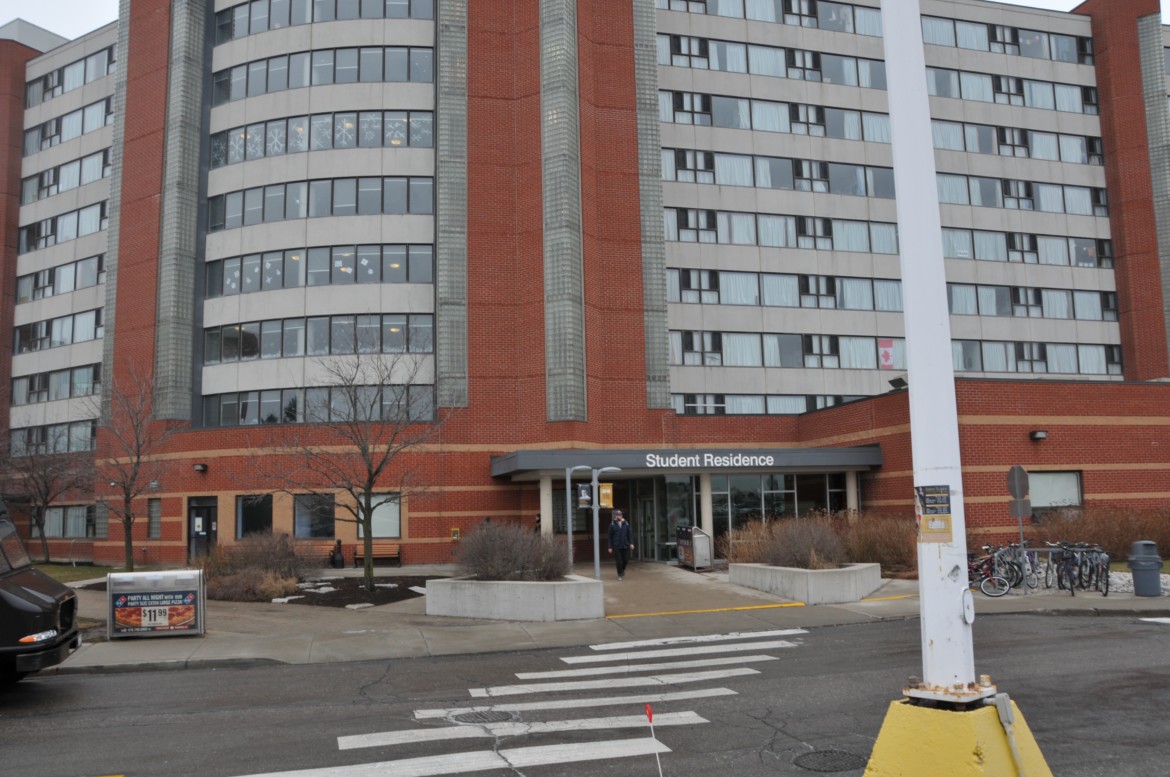By: Hayley Michaud
Nearly 80 students living in residence at Humber College’s North campus are recovering Friday following a suspected outbreak of food poisoning overnight; 30 of them were sent to hospital.
The cause of the illness is not yet known, a Humber spokesperson could not confirm the cause of the illness.
According to Health Canada more than 4 million Canadians get food poisoning each year, the most common symptoms being vomiting, nausea, stomach cramps, diarrhea and fever.
Food-borne illness occurs when someone becomes sick from food that is contaminated bacteria, parasites or viruses.
Food’s properties such as acidity and moisture content can affect the growth of bacteria, as well as the way food is grown, processed, packaged, stored or consumed.
Health Canada suggests three key ways to prevent food borne illnesses. They advise:
- Always refrigerate food and leftovers within two hours. Set the internal temperature of the refrigerator at 4°C (40°F) or below, and use an appliance thermometer to monitor it.
- Wash your hands, kitchen surfaces, utensils, and reusable shopping bags often with warm, soapy water to eliminate bacteria.
- Always cook food to the safe internal temperatures, using a digital food thermometer.
In an update posted just before 11:30 a.m. Humber College is also advising students take precautions to avoid getting sick.
- Clean hands frequently (rub vigorously with soap and water)
- Cough and sneeze into your arm, not your hand. If you use a tissue, dispose of it as soon as possible and wash your hands;
- If you get sick, try to limit social contact;
- Keep your hands away from your face;
- Keep common surface areas – for example, doorknobs, light switches, telephones and keyboards – clean and disinfected.
The college is also advising those who feel sick to seek medical attention. For non-emergencies students can visit the health and wellness clinic any time before 4:30 on weekdays, as well as encouraging those who experience worsening symptoms to visit the hospital.

